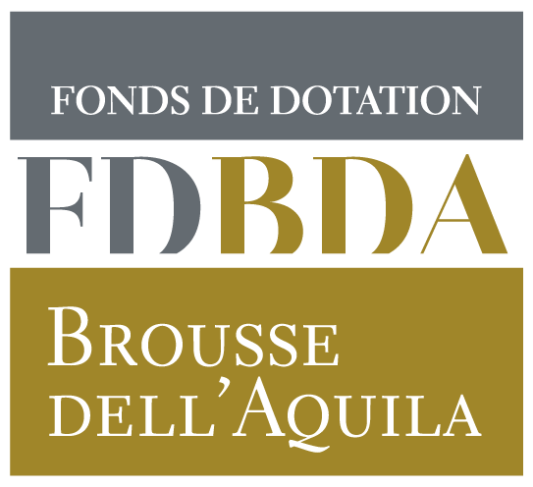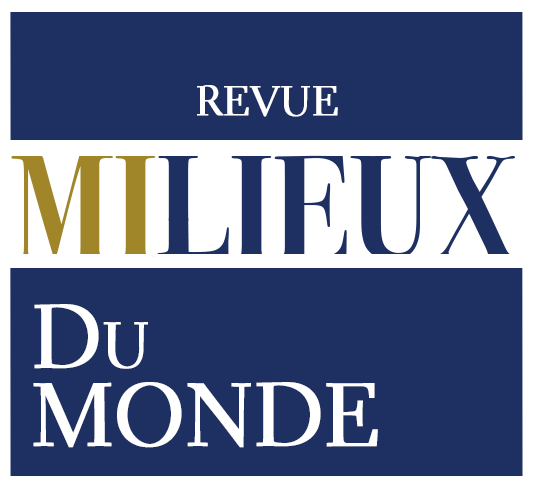Emmanuel Véron, Institut national des langues et civilisations orientales (Inalco) – USPC et Emmanuel Lincot, Institut Catholique de Paris
The global coronavirus crisis started in November 2019 in the Chinese city of Wuhan and quickly spread throughout China, Asia, Europe and the world.
While the pandemic is continuing to gain ground and take lives, Chinese authorities are working to rewrite the history of the virus, grooming the elements of language and positioning themselves in the midst of a global health crisis. This article provides a synthesis of some of Beijing’s efforts to give credit to its actions while downplaying or denigrating those of liberal democracies. The political management of the crisis brings together all the classic parameters of an authoritarian, if not totalitarian, regime: silence, censorship, opacity, selective hypermnesia and amnesia.
Virtuous silence, exacerbated censorship and amplified propaganda
The silence of Chinese authorities on the health, social and economic reality structured the first weeks of its crisis management. Silence remains an essential ally of the regime, both in terms of the virus’ emergence and its propogation and its inability to rise to the challenge of the crisis in the early days.
The first signs of the virus’ spread in Wuhan were met by authorities with a cover-up and then delays. China’s leader, Xi Jinping, reportedly spoke on the issue before the Politburo Standing Committee on January 7, two weeks before he mentioned it publicly. When crisis broke out into the open, Beijing’s propensity to manipulate statistics in support of the regime came into full play.
China’s silence and censorship its influence were also felt in Geneva: it was not until March 12 that the World Health Organization declared Covid-19 to be pandemic.
The “Wuhan model”
Since the end of January, Chinese diplomats have been working to legitimise the measures taken by their government, particularly in the face of effective crisis management by Taiwan, South Korea and Singapore, all of which are open democracies. Many Chinese diplomats have engaged in verbal jousts with elements and language that often go against the facts and seek to lend credibility to the regime. Others try to reassure the world by releasing optimistic economic and industrial figures, even as world demand stagnates due to the Covid-19 crisis.
While banned in China, Twitter is increasingly used by Chinese diplomats and chancelleries abroad to fuel the conspiracy theory that the virus was allegedly implanted by US personnel during the October 2019 Military Olympics in Wuhan. These efforts were criticised by US Secretary of State Mike Pompeo, who called on China to halt its disinformation campaign. Most recently, China announced that it would expel American journalists working for the New York Times, Wall Street Journal and Washington Post in retaliation for a cap on the workforce of four Chinese state-run media in Washington.
Global health crisis, global responsibilities
Given the initial lack of coordination and political decisiveness in Europe, China was able to donate medical equipment to Italy, as well as to Iran, Pakistan, and other countries that are targets of the Belt and Road Project, a diplomatic coup. Chinese authorities clearly aspire to establish a perception of reality that clears them of their responsibilities and failures and provides them with a political victory both domestically and internationally. Yet again, politics take precedence over cooperation and science.
A different side of the long rivalry between the two nations was embodied by the generosity of Jack Ma, founder of the Alibaba group, who donated 1 million masks and 50,000 test kits to the United States.
The war of symbols
If the instrumentalization of history is a characteristic feature of authoritarian regimes, the epidemic has accelerated the purges that began when Xi Jinping came to power in 2012. In China’s political memory, Wuhan was the epicentre of a revolution that ended the last imperial dynasty. It was also one of the first cities where a parliament was opened under the young Republic of China and became de facto the first capital of the new China.
In the face of the city’s confinement, Wuhan intellectuals such as the writer Fang Fang have published daily accounts of the terrible conditions suffered by her fellow citizens and attacking the irresponsibility of Chinese authorities. While some of her writings were taken down by censors soon after they were published, they were republished thousands of times, showing the existence of resistance from the civil society.
China’s management of this crisis shows the means that have been deployed to monitor the population. Neighbourhood committees, established during the “Great Leap Forward” (1958-60), have been enhanced with artificial intelligence and other technologies. Xi Jinping’s martial discourse has the same tone that is used against Taiwan, the Hong Kong protestors and the Uyghur ethnic minority. Here the legitimacy of the regime is at stake, reinforced in its repressive choices by the systematic definition of the enemy (from the inside and from the outside).
Toward a global economic “New Deal”?
Beijing understands that the war against the virus is not only a health crisis but also an ideological one. Unless there is a second Covid-19 outbreak in China, the regime should be able to leave behind the epidemic and its consequences before other continents do. But whether or not China will be able to rewrite history, its image in the West and the rest of world will be more than ever divided between supporters and detractors.
Western nations have responded to the coronavirus pandemic with nationalizations and protectionism and could even lead to the repatriation of certain key sectors such as manufacturing and pharmaceutics. At the same time, this crisis could allow China to strengthen its economic and strategic hegemony in Asia. The Regional Commercial Economic Partnership (RCEP), once perceived as dying, could serve to bring vulnerable members of ASEAN, such as the Philippines, a little closer to Beijing. After all, Beijing has the means for an interregional recovery, and its banking institutions (AIIB, SRF) can provide serve to undermine the long-dominant Bretton Woods system.
Emmanuel Véron, Enseignant-chercheur – Ecole navale, Institut national des langues et civilisations orientales (Inalco) – USPC et Emmanuel Lincot, Spécialiste de l’histoire politique et culturelle de la Chine contemporaine, Institut Catholique de Paris
Cet article est republié à partir de The Conversation sous licence Creative Commons. Lire l’article original.


